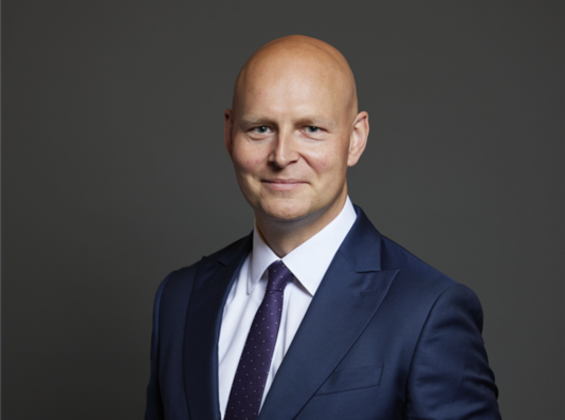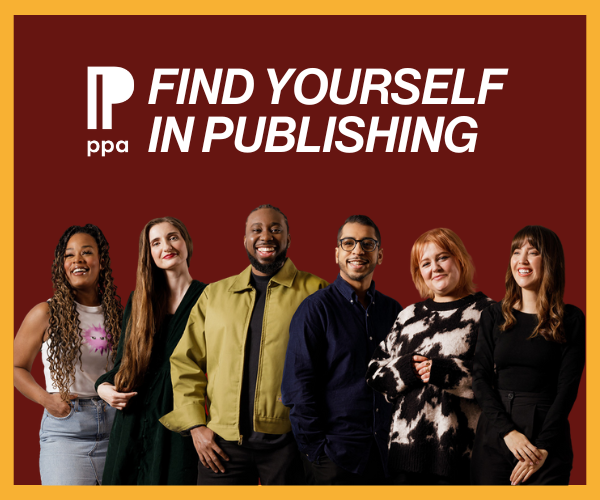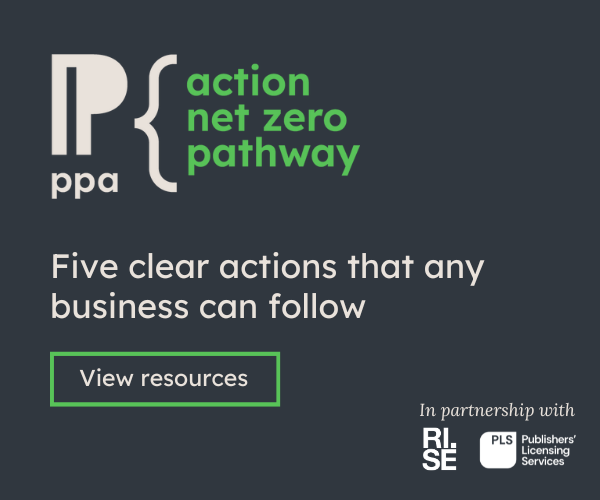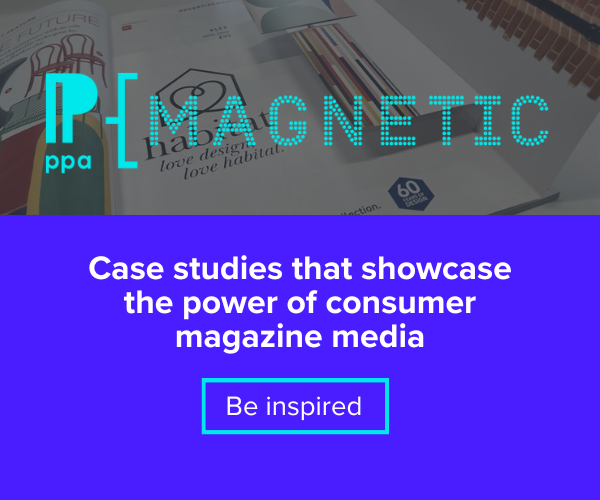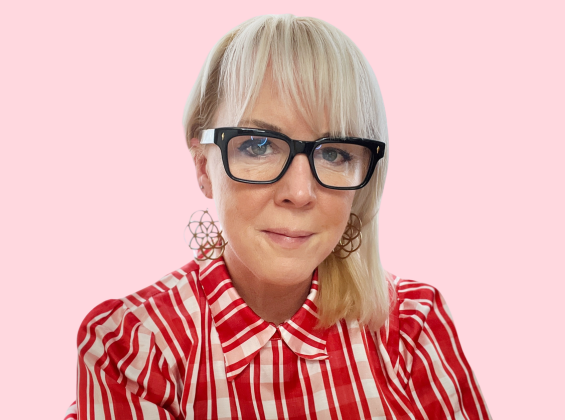Chart your career from the start until now.
My career started on the technology side of things. My first degree was a masters in Systems Engineering. I specialised in neural networks, which is AI technology that's based on how the brain works. One of the first jobs that I had was around building databases. Then I did a degree in Warsaw, and after I went to Dublin where I worked for a telecommunications company, looking after the databases and analytics – that softer side of data. While I was in Ireland, Silicon Valley organisations started to open a lot of operations in Dublin. I got into a company called Zynga, which was a gaming company start-up doing games like Farmville. It gave me much more exposure to Silicon Valley and how things operate there. It was very technical but there was also a real focus on entrepreneurship too. This was also the time when being a data scientist became a thing and I realised I that’s what I was! Especially as I had been dealing with a lot of stats, maths, programming, and computer science. It was a great experience.
After that, I moved to the UK, and this is where my media career started. Around 2010 I joined Channel 4 and started to manage a team of data scientists. We were doing quite innovative things around advertising products. From there I moved to The Telegraph, where I was heading the data science team – raising investment and delivering data infrastructure of the basics. I then did a similar thing on a larger scale at the BBC. I then decided to do an MBA because I realised while my data background was great, you need more of a business mindset in terms of getting into more leadership, and building teams and strategy. So, I did my MBA at the Bayes Business School. I then created a company called Wave just before the pandemic which didn’t do that well at the start. Very quickly I started working with The New Statesman where again, I was responsible for data strategy and building it out from scratch.
Now I’m back to entrepreneurship, back to setting up my own start-up, reviving the platform we built before the pandemic and seeing how that grows in the future!
Data as a topic can sometimes feel a bit inaccessible for publishers. What is your advice for data newbies wanting to start learning?
I think data is like any new innovation. 20 years ago, it was the internet and people had questions about moving to the online space. Now data is one of the new technologies.
I think one of the first things that we need to think about when embarking on that learning journey is asking what's the objective? What are we trying to do? That can be very personal, or it can be very strategic when you are building your marketing strategy or building your editorial strategy. You also have to think about what as an organisation, or as an individual you are trying to achieve. And then think about what kind of datasets you have, and what kind of data sets can help you achieve your goal. So, I think it's just about being more aware.
The second big thing is to talk to experts. There are organisations that do a lot of talks and produce publications that can really improve your understanding. Anything that relates the Royal Statistical Society, The Turing Institute or Innovate UK are really good. The PPA Decodes talks are a good starting point to pick up an area that you really need to explore, and that are also aligned with your organisational or indeed individual objectives.
I’d also say don’t read too much into the headlines that say things like: ‘AI is going to take over your job.’ This is not the place to learn. The place to start learning is from data experts. It doesn’t have to be super complicated. Analytics and reporting are a really simple way to start understanding what data you have and how can you use data to make decisions that can level-up yourself as an individual, and then the whole organisation.
You've been doing a lot of work with robots and AI and how these can be used in journalism. Can you tell us a bit more about this?
First of all, when I say robot I mean anything that helps us out automate and remove some effort from people and move that effort towards a computer. I think this core quality of data, robots and AI can support journalists. Anything that allows for a broader media industry that can remove human effort that's a waste of time, is going to benefit people and specifically journalists in this case.
So, if we think about things that are broadly adopted and quite popular – for example most publisher websites will have some sort of recommendation system – that often is driven by a kind of a robot or an algorithm that's using that data about you as a user. By automating this, you create a recommendation system that is freeing people to do other things, and I think that is very powerful.
The other area where data and AI is being used is advertising. You don't know everything about everybody who lands on your website, unless you have all your content behind a subscription wall. And this is where again AI data comes in. You can enrich your data sets with new data points, based on just a subset of information. Even though you didn't tell the publisher that you are a woman, or are interested in fashion, the app could derive that because it has seen similar people to you. We can use that data to then learn about new users. So that whole area of enrichment is one of the big opportunities across conservation and enrichment.
Conversations about data often, often go hand in hand with conversations about trust. How would you go about using data to create trusted, quality content in a media landscape facing an influx by fake news?
Trust is extremely important. That’s what we’re learning – a lot of publishers aren't going to make it because they can’t keep the audience's trust. It has become this currency for a lot of really good quality journalism. There is a role of data in keeping that trust, especially within the context of fake news. One area is around content. Making sure the quality of the data that goes to into the content is more structured, more verified. For example, you could have a database where you have an algorithm pulling data into a structured format, and then make it available to journalists. You could make it easier for journalists to access it, so they don't need to go from place to place to place to place to verify to gather different data points.
Algorithms are really good at finding patterns in data. It's useful in this context because it can really easily identify fake streaks. It is easier for algorithm to do it looking at the big data set, rather than humans. I think that looking at those patterns you see that this data technology can help journalists.
The reality is that the way algorithms are optimised is that they reward clicks. Unfortunately, in a lot of cases fake news are the big headlines. It’s a vicious cycle of, more clicks and more misinformation being amplified through algorithmic recommendations. It's just the way the algorithms are pushing the content to the user. I think there is a responsibility that has to come from the combination of editorial guidance and diligence, and how the algorithms are built.
What's on your radar?
I have a broad answer to this question and a more niche one. Broadly I think there are a lot of organisations that have reached maturity and invested capital in data and AI and because their use stopped being described as super innovative and has become more mainstream. I think this opens it up to make it more accessible to publishers that were not able to invest earlier. I think there is going to be a real levelling-up in terms of capability, and that excites me because that is going to expose very good specialist journalism.
The second one is a bit more niche and it’s about the data of the audience. Every individual that comes to websites provides the publisher with data. I think the ownership of this data is going to shift away from the publisher themselves, and towards the user. And that is a good thing, because that will allow publishers to go into a more cooperative approach to use that data, not only their own data, but data from other publishers, and then be able to monetise it. An example of this is the BBC. They’re testing users loading their own data across Spotify and Netflix, and recommend content based on this, and that’s very rich as you can imagine! That’s going to be positive because it gives you control over your data but also delivers a better and better service to you, that is also positive for the content provider as well. It’s very early stages but I’m excited about that.
What magazine do you stockpile?
I really love the Economist. I have two covers framed. I love the wittiness and how smart it is. The other one is super niche, and it’s called The Significance. It’s a magazine which is issued by The Royal Statistical Society. It has quite a small circulation – most of the people that publish in it are my friends. But I’m always really impressed – it’s something that’s quite sentimental to me and I don’t think it will be going mainstream any time soon.
